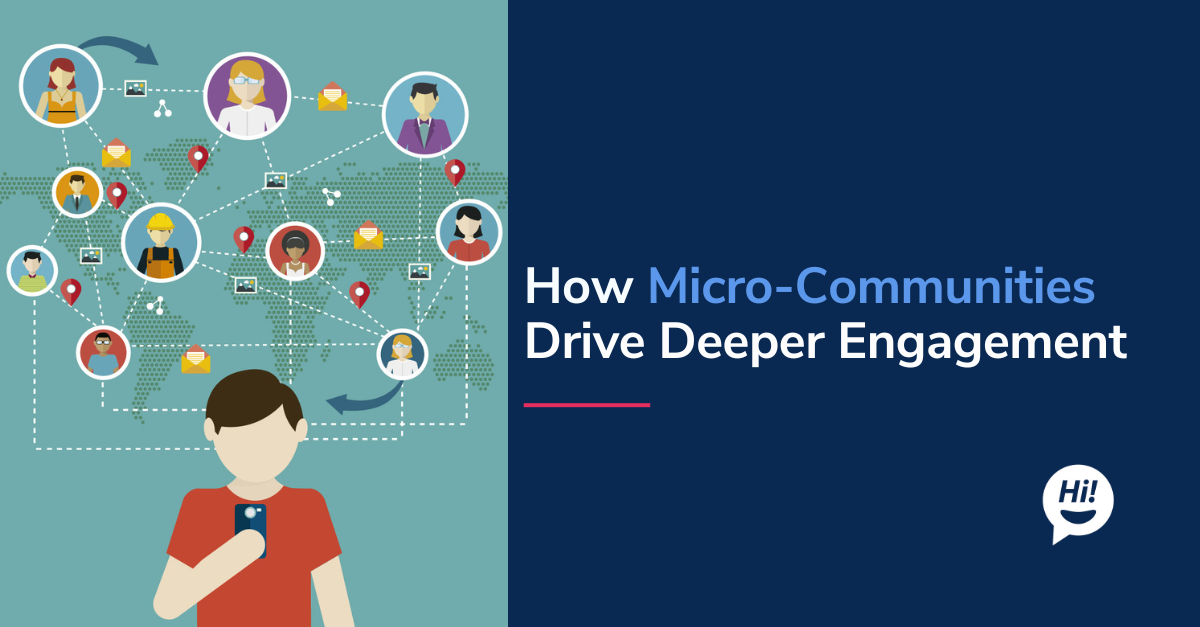In today's digital age, customer expectations are constantly evolving. Customers no longer want to wait on hold or navigate through lengthy phone menus to get the support they need. Instead, they prefer self-service options that allow them to find solutions to their problems quickly and conveniently.
As a result, businesses are turning to omnichannel strategies to meet these changing customer demands and drive down costs.
The Rise of Self-Service and the Power of Automation
According to ATSG, 63% of customers are happy to be served by a chatbot as long as they can escalate the conversation to a human. This highlights the growing acceptance and preference for automated self-service options. By implementing an omnichannel contact center strategy, businesses can leverage self-service technologies to reduce the number of calls reaching their contact center.
One of the critical advantages of self-service options is the ability to provide guided and interactive experiences for customers. Through web-based applications, customers can access information and resources that can be more educational than a phone conversation with an agent. This not only empowers customers to find solutions on their own but also reduces the need for costly agent-assisted interactions.
Leveraging Data for Personalized Customer Service
At the heart of an effective omnichannel strategy lies customer data. By centralizing data from multiple sources and channels, businesses can offer personalized customer service that leads to increased revenue. With a comprehensive view of customer interactions and preferences, sales agents can move past one-size-fits-all offers and take a needs-based approach.
Furthermore, by harnessing customer data and leveraging artificial intelligence (AI), businesses can improve their prediction of customer intent. This enables contact centers to resolve customer issues on the first call, reducing the need for repeat calls and average handle time. The result is a better customer experience, increased upsell opportunities and lowered acquisition and customer service costs.
Cost-Saving Opportunities in Agent Productivity and Talent Retention
In addition to improving the customer experience, an omnichannel strategy can positively impact agent productivity and talent retention. By automating routine agent tasks through AI-powered technologies, businesses can free up agents' time to focus on more complex and value-added interactions.
When agents can access comprehensive customer data and knowledge bases, they can provide more efficient and practical support. This not only improves customer satisfaction but also increases agent productivity. Happy and engaged agents are more likely to stay with a company, reducing the costs associated with agent turnover and training.
The Transformation of Operations
Implementing an omnichannel strategy can lead to a transformation across all areas of business operations. Businesses can achieve significant cost savings by streamlining customer interactions, reducing call volumes, and improving agent productivity.
Moreover, an omnichannel approach allows businesses to deliver a consistent and seamless customer experience across multiple channels. This consistency enhances customer trust and loyalty, increasing customer retention and long-term cost savings.
Conclusion
In conclusion, an omnichannel strategy allows businesses to drive down costs while meeting their customers' evolving needs and expectations. Businesses can reduce operational costs and improve overall efficiency by leveraging self-service options, personalizing customer service, and optimizing agent productivity.
As customer preferences change, businesses must embrace an omnichannel approach to remain competitive. By investing in the right technologies and strategies, businesses can deliver exceptional customer experiences and achieve significant cost savings in the long run.
Implementing an omnichannel strategy may require upfront investment and planning, but the long-term benefits outweigh the initial costs.
Businesses can drive down costs and thrive in today's customer-centric landscape by putting customers at the center of their operations and delivering seamless experiences across channels.
Contact us for a customized omnichannel plan that suits your business. Schedule a demo today!
To learn more about Botsplash click the button below to schedule a demo with our team.








.png)


